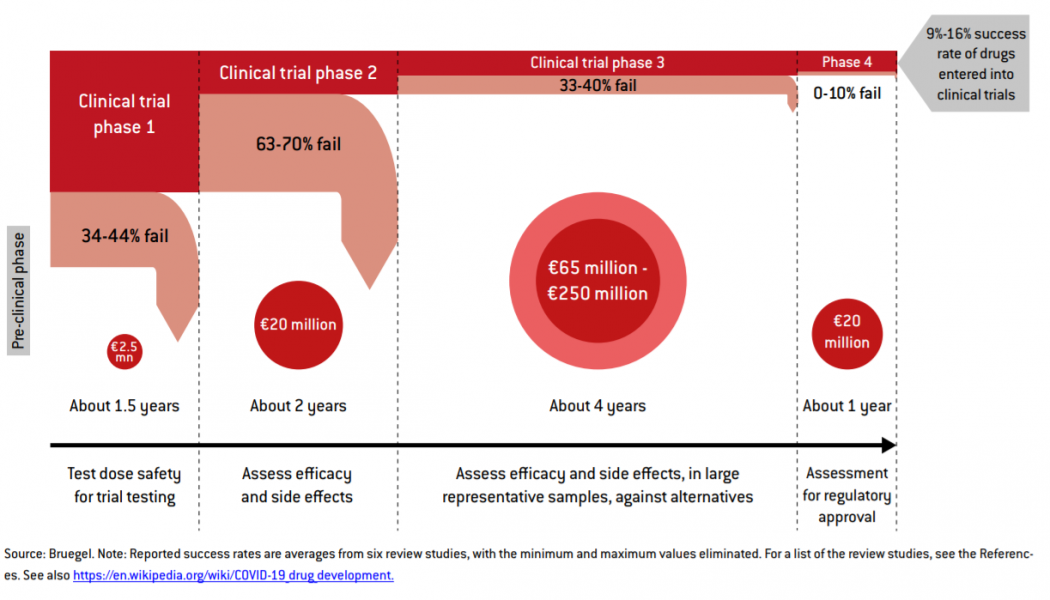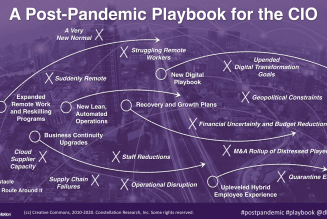If there is one thing that COVID-19 has highlighted; it is the importance of people in the economic value chain.
Sandton-based business management consultant Immersion Group says that one of the emerging trends they’re seeing is that more organisations are seeking human-centred design experts to enhance or improve digital customer experiences, breaking down barriers that may be hindering their ability to satisfy their customers.
Organisations are now facing urgent decisions as they pivot to accommodate the many unexpected circumstances, and when these challenges risk affecting the bottom line; it’s crucial that organisations rapidly take stock of what is working and what isn’t working when prioritising digital experiences that put the customer first.
From onboarding to end-to-end journeys; organisations need to ensure that the customer’s needs, preferences and circumstances are taken into account when re-strategising or prioritising journeys. Businesses that have yet to adopt a customer-first culture within their organisation will find themselves lagging behind competitors who are putting their customers at the centre of their experience strategies.
/* custom css */
.tdi_3_685.td-a-rec-img{ text-align: left; }.tdi_3_685.td-a-rec-img img{ margin: 0 auto 0 0; }
Need for personalisation and convenience intensified
Customers want to be able to find what they’re looking for, simply. They’re also wanting convenience and personalisation – they want to be remembered, they want suggestions or recommendations to make their experience better.
By placing emphasis on the customer; you’ll need to make important adjustments to your current experience strategy. There is no one-size-fits-all approach to human-centred design; you need to maintain a strong relationship with your customers in order to continue providing them with the best possible digital experience.
You are creating platforms that simulate the bridges your customer will cross in order to access your products or services. According to Immersion Group; too many hurdles will deter customers from achieving their goals quickly and easily, encouraging them to rather spend their energy in finding an alternative source to meet their needs with more satisfaction.
Demand for human-centred experience design
Along with the business-facing challenges, you’ll also experience a few challenges on the customer-facing front as well. Changes in behaviour, buying habits and preferences all drive your customer’s goals and how they want to achieve them. Immersion Group says that with more people online than ever before in human history; it’s hard to ignore the importance of human-centred experience design for business.
Only when you actively nurture your relationships with your customers, can you assess whether or not you are meeting their needs with satisfaction. With competition so fierce, placing your customer at the centre of your goals is guaranteed to put your brand ahead of the competition. Organisations with a stronger relationship model see success in future growth and revenue opportunities; ensuring their digital platforms are designed for the people who use them.
Emphasis on digital readiness and willingness
Business processes and customer-facing platforms are in the spotlight as customer requirements are evaluated, product roadmaps prioritised, tools assessed and experience strategies re-imagined.
Organisations are sourcing expertise from consultants with a proven track record in human-centred design to help them navigate through this next phase in business. Without a clear experience strategy and vision; businesses are making blind decisions and acting in desperation or in urgency rather than making informed decisions guided by experts of the industry.
By creating a clear experience strategy and vision, you’re able to better allocate resources, budget and priorities to deliver the best possible solution, in the shortest possible time.
During a time where digital solutions and execution pace is crucial to business continuity and growth; human-centred design once again takes centre stage in the discussion of what is important to business versus important to the customer.
When taking your organisation to the next level of transaction with your customer, it is vital to remember that they are not only your customer but also your brand advocates – and that the digital experience that you create at every touchpoint now will set the foundation for your relationships with them going forward.
Edited by Luis Monzon
Follow Luis Monzon on Twitter
Follow IT News Africa on Twitter
/* custom css */
.tdi_4_de5.td-a-rec-img{ text-align: left; }.tdi_4_de5.td-a-rec-img img{ margin: 0 auto 0 0; }










